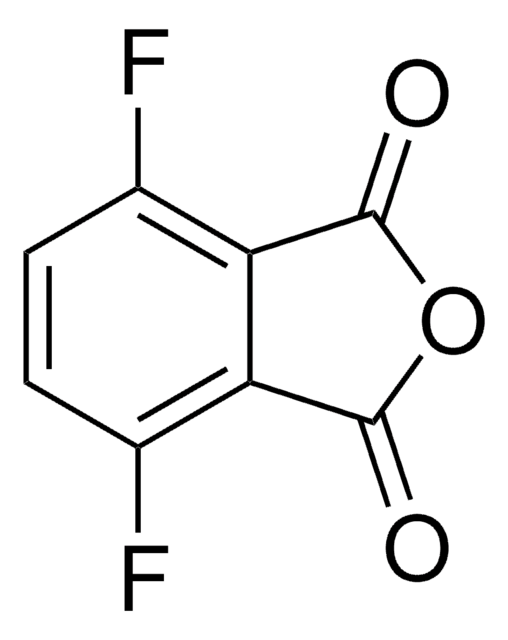444464
Polyanetholesulfonic acid sodium salt
Synonym(s):
Sodium polyanetholesulfonate
About This Item
Recommended Products
form
powder
Quality Level
mol wt
average Mv 9,000-11,000
SMILES string
C/C=C/C1=CC=C(C=C1)OC.[O-]S(=O)[O-].[Na+]
InChI
1S/C10H12O.Na.H2O3S/c1-3-4-9-5-7-10(11-2)8-6-9;;1-4(2)3/h3-8H,1-2H3;;(H2,1,2,3)/q;+1;/p-2/b4-3+;;
InChI key
JKJBFNAERWARKW-CZEFNJPISA-L
Looking for similar products? Visit Product Comparison Guide
General description
Application
Signal Word
Warning
Hazard Statements
Precautionary Statements
Hazard Classifications
Eye Irrit. 2 - Skin Irrit. 2 - STOT SE 3
Target Organs
Respiratory system
Storage Class Code
11 - Combustible Solids
WGK
WGK 3
Flash Point(F)
Not applicable
Flash Point(C)
Not applicable
Choose from one of the most recent versions:
Already Own This Product?
Find documentation for the products that you have recently purchased in the Document Library.
Customers Also Viewed
Articles
Recently, layer-by-layer (LbL) assembly has emerged as a versatile, gentle and, simple method for immobilization of functional molecules in an easily controllable thin film morphology.1,2 In this short review, we introduce recent advances in functional systems fabricated by using the mild, yet adaptable LbL technique.
We present an article that discusses two applications in particular; first, using these layers as polyelectrolyte membranes to control permeability.
Our team of scientists has experience in all areas of research including Life Science, Material Science, Chemical Synthesis, Chromatography, Analytical and many others.
Contact Technical Service












